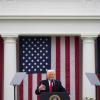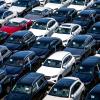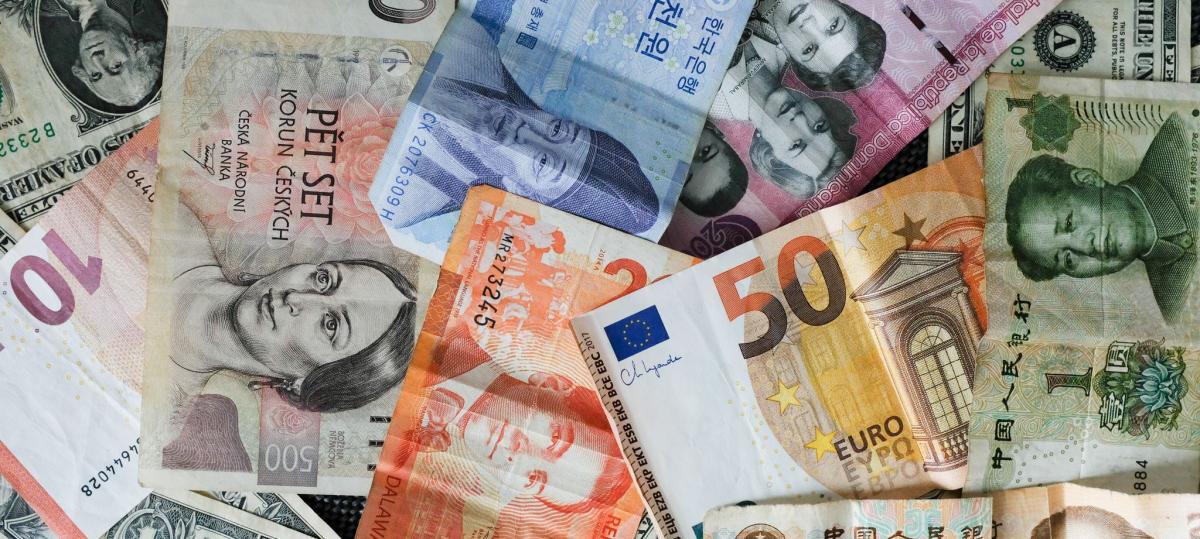This is how Audi reacts to Trump’s customs hammer

Trump’s so -called « day of liberation » is anything but liberating for the German car manufacturers. The reactions are not long in coming: from the VW-Daughter Audi Does it say that the decision of US President Trump has taken note of, and thus comments: “We share the assessment of most experts that US tariffs and any counter tariffs negative consequences for growth and prosperity in the USA and will have other economic areas. » The entire automotive industry, the global supply chains and businesses and customers would have to bear the negative consequences.
It is also emphasized that VW has recently invested more than $ 14 billion in the US market, they supported thousands of well-paid jobs and thus contributed to prosperity and growth. « »We continue to advertise for a rule -based goods exchange, open markets and stable trade relationships. These are essential for a competitive economy and especially for the automotive industry. ”
And Jörg Schlagbauer, chairman of the Audi overall works council, told our editorial team: « Europe must now stand together and quickly find a common answer. At the same time, it is important to look for solutions that do not lead to an escalation and a global trade dispute. In any challenging times for the German automotive industry and employees, these developments are oil in the fire of uncertainty. In the end, the planned tariffs were at the expense of employees in the automotive industry and the consumers in the USA continued.
What the Association of Auto Industry says about Trump’s tariffs
The President of the Association of the German Auto Industry (VDA), Hildegard Müller, comments on Trump’s Zoll-Hammer at night: “It is the departure of the United States from the rule-based global trade order-and thus the departure from the basis for worldwide value creation and corresponding growth and wealth in many regions. This is not America Firstthat is America Alone.. » This protectionism will only produce losers.
The consequences of the 25 percent tariffs, which are raised at least on cars, light commercial vehicles and certain auto parts from April 3. April, Müller, continues to assess it. « It is already clear that this development will have a negative impact on economic growth worldwide. This will also affect jobs. »
According to the Association of the Automotive Industry (VDA), the German automotive industry in the United States employs around 138,000 employees. Of these, 48,000 work for the manufacturers and another 90,000 for German suppliers. The USA, the VDA emphasizes, are « an important part » of the production network, and from there the world market is also served. According to VDA, German carmakers produced over 844,000 vehicles in the United States in 2024. Around half of them were exported all over the world. That means: The Automobile location USA also benefits.
German carmakers will particularly meet new US tariffs
In 2024, the United States exported cars worth 6.7 billion euros from the USA (136,000 cars). There were 233,600 pieces throughout the EU. Germany imported almost 450,000 vehicles to the USA last year. The VDA emphasizes: « In the entire automotive trade, the United States is the most important trading partner in Germany. » The trading volume between Germany and the USA with automobiles was recently 44.7 billion euros. Germany’s exports achieved a total value of 36.8 billion euros, and imports were 7.9 billion euros.
The IFO Institute expects the new recent US tariffs to reduce German exports to the United States by less than three percent. Nevertheless: the carmakers would be hit particularly hard. Regardless of the economic effects, Flach considers the new customs policy of the US President to be extremely problematic. She says: « The increase in customs is marked by a turning point and is a frontal attack on the regular -based global economic order. Trump undermines almost 80 years of multilateralism. »








:format(webp)/s3/static.nrc.nl/bvhw/files/2023/05/data98607874-e1791d.jpg)
